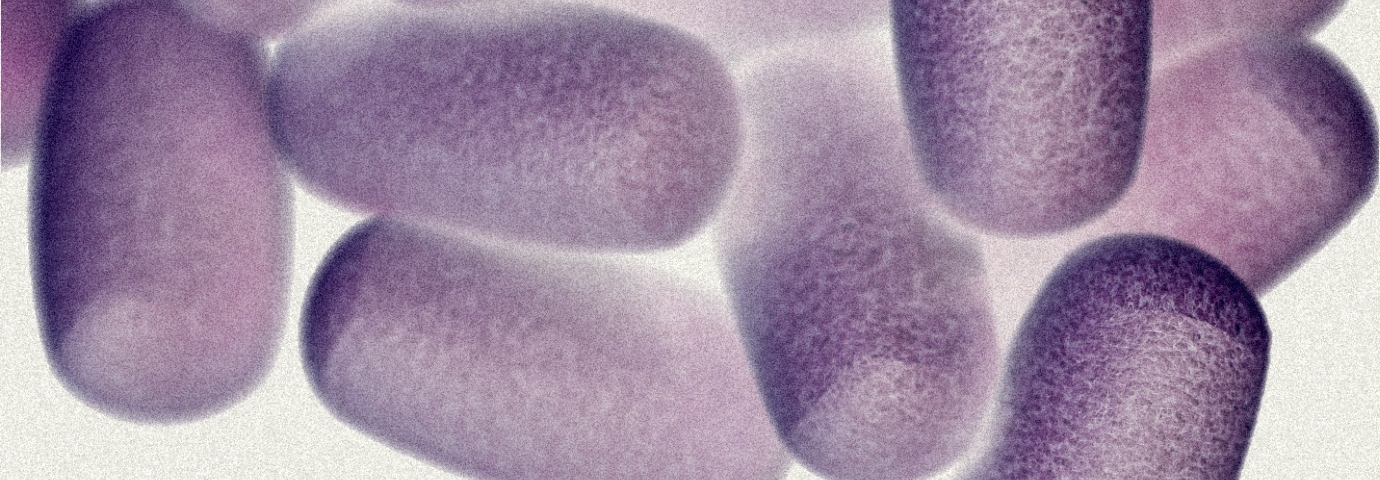How to beat bloating

Belly bloat is more common than we might think affecting 10 to 25% of otherwise healthy people[1]. Bloating is a feeling of fullness, tightness, or pressure in the abdomen, which may be associated with swelling or distension. The symptoms usually come and go and can vary in intensity from mild to extremely uncomfortable. In today’s fast paced world, we often make poor diet and lifestyle choices, which can result in bloating and dysbiosis. We call this a ‘SAD gut’ as the causes all begin with each letter of the word ‘S-A-D’: stress, smoking and poor sleep, alcohol, age and antibiotics, and diet. As your skin ages, so does your digestive system so it’s important we support out gut too. Our nutritionist and medical director explain some of the causes of bloating and some essential nutritional and lifestyle tips to keep bloating at bay.
Causes of bloating
The most common cause of bloating is a build-up of gas in the digestive system. This could be caused by eating too fast or drinking too many fizzy drinks, but more often is caused by gas produced when bacteria in the digestive system break down carbohydrates (a process called fermentation). It’s always important to exclude any serious medical conditions which may manifest with bloating. Check with a medical professional if you are in any doubt, especially if bloating is ongoing or getting worse, or you have other symptoms.
Fermentation
Fermentation increases with poor digestion, gut dysbiosis (an imbalance of good and bad bacteria), food intolerances or gastrointestinal conditions such as irritable bowel syndrome and coeliac disease.
Menopause
Digestion often gets worse as we get older. After menopause the body makes less bile and fewer digestive enzymes, leaving food undigested. Bad bacteria then ferment this food producing excess gas.
Hormonal changes such as increased estrogen and cortisol can also lead to symptoms of bloating. About 3 in 4 women experience cyclic bloating, either before or during their periods, and many experience bloating in perimenopause. High estrogen can cause increased water retention, increased intestinal gas from changes in gut motility, or increased sensitivity of the gut. Many women with premenstrual syndrome (PMS) experience cravings for high sugar foods, which can further impact their digestion and cause bloating.
Stress
The stress hormone, cortisol, also impacts our gut, decreasing motility, impairing digestion, and increasing gut dysbiosis, leading to digestive symptoms and bloating.
Constipation
Lastly, constipation and even weight gain can leave us feeling bloated.
As always, it is important to take an integrated, holistic approach to managing bloating. We need to include foods that improve our digestion and maintain a normal gut microbiome. These include prebiotics, friendly bacteria and postbiotics.
Prebiotics (food for good bacteria)
Found in high fibre foods such as legumes, beans, peas, asparagus, berries, as well as many herbs and spices including turmeric, ginger, fennel, and thyme.
Friendly bacteria
Can be found naturally in some foods including miso, kimchi, sauerkraut, and probiotic-rich yoghurt.
Postbiotics
The bioactive compounds and nutrients that are made by bacteria. While they support immune function and help with inflammation, they also improve our digestion and microbiome.
ACE – Avoid Chew and Exercise.
You should also follow our ACE tips to help with bloating.
Avoid
Avoid the foods that aggravate bloating. These include high sugar foods and refined carbohydrates such as sweets, chocolates, pastries and cakes, fast foods, and processed foods, as well as excess alcohol.
Chew
Support the digestive process by chewing food slowly. Chewing helps break food down and stimulates the release of digestive enzymes. Additionally, drinking minimal liquids when eating, and eating in a calm and comfortable environment can decrease bloating.
Exercise
Regular movement and exercise improve gut motility, preventing bloating. However, don’t exercise on a full stomach.
Manage stress
Managing stress is also essential to improve gut motility and digestion and improve bloating. You can manage stress by exercising appropriately, practicing yoga, meditating, deep breathing or using a host of other relaxation techniques. A good night’s sleep is also the foundation of managing stress and maintaining a healthy body and digestive system.
Food diary
Food intolerances can exacerbate bloating. If you are unsure if you have an intolerance, it’s a good idea to keep a food diary to keep track of the foods you’re eating, and look for patterns with the symptoms of bloating.
Drink water
Drinking enough water regularly throughout each day is also essential. It encourages gut motility and prevents constipation, maintaining a healthy digestive system and preventing bloating.
Now we know some of the causes of bloating, we can act accordingly to ensure we are supporting our overall gut microbiome. Follow our ACE tips (Avoid, Chew and Exercise) by avoiding certain foods that aggravate bloating, chew your food slowly and exercise regularly to improve gut mobility. As well as managing stress, keeping a food diary, and drinking water regularly throughout the day can all help keep bloating symptoms at bay.
Sources:
- Cleveland Clinic. Bloated Stomach. 9th September 2021.
